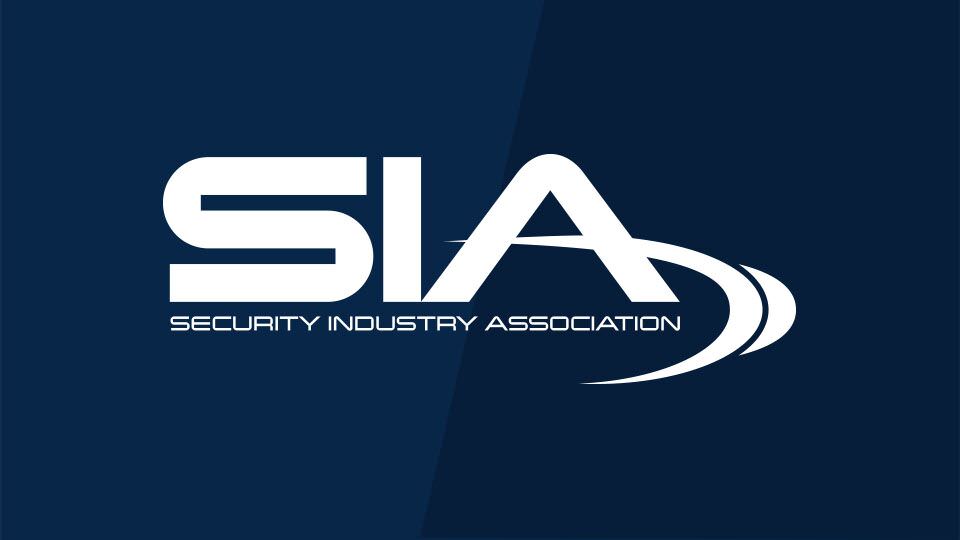Good Training Is a Prime Directive for Integrators

When a systems integrator puts a strong focus on training their staff, it is a winning situation for everyone. For the customer, there is the benefit of having a team certified in the equipment being deployed, which in turn delivers a better quality installation. The integrator gets the advantage of providing better quality work, creating more customer satisfaction that leads to more opportunities and positive word-of-mouth. The employees benefit from career growth and job satisfaction that comes from true proficiency with their trade.
Integrators have myriad resources for maintaining up-to-date product and systems expertise. Manufacturers and industry associations offer online learning, webinars and roadshows to educate, certify and maintain certifications. It is very important for customers to ask their integrator about training so that they can make a more informed decision about who they want to work with. Customers should be wary of any integrator who does not show their dedication by making the investment in time and cost to stay at the cutting edge of technology.
It is also important to confirm who in the company actually has the training, and at what level. Does the certification belong to someone in the back office, or is the technical team on-site performing the installation? Some integrators may list certifications in a particular platform, when in actuality a salesperson merely attended a sales class. Knowing your chosen manufacturer’s certification levels helps customers ask their integrator the right questions about training.
A real commitment from the integrator would include a company plan to maintain specific training levels, including all knowledge requirements of their manufacturer partners, for their entire on-site team. In addition to making a significant budget and time commitment to training, the integrator should have planning in place for when an employee leaves and for bringing new personnel on board. For example, NAV pledges 3,000 training hours per year.
Beyond basic systems training, an integrator should maintain high expertise on network operations, VMware, Windows, overall PC operations, general IT training and the transition from analog to IP. Industry certifications should include SIA’s CSPM, BISCI and others. In addition, technical personnel should be well-educated in project management, codes, pulling cable and all the basics.
Ultimately, by paying attention to training, an integrator can create long-term relationships that provide more value, satisfaction and ROI to their customers along with a better work environment for personnel. It’s an excellent outcome for everyone.
The views and opinions expressed in guest posts and/or profiles are those of the authors or sources and do not necessarily reflect the official policy or position of the Security Industry Association (SIA).
